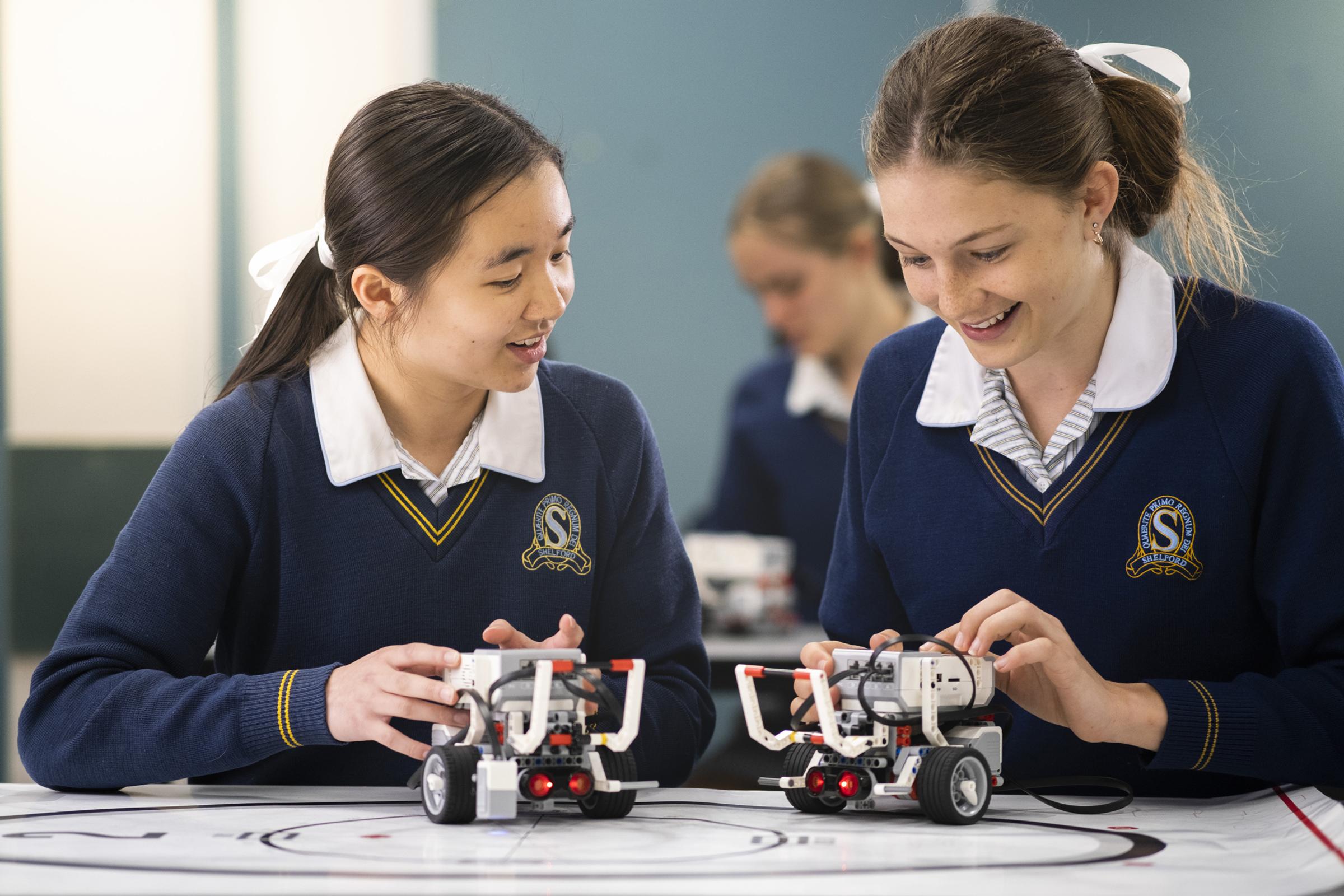Middle Years Report

Guiding young people
Seeking and making connection with others is an essential component of what makes us human. It is during adolescence that we feel this pull perhaps more so than in any other stage of our lives: it is natural for young people to want to create links with others who enrich their lives in different, new and exciting ways.
The collaborative experience of school offers children their first real opportunity for deep connection beyond their family. What this means is that parents can expect their children will call on them less and less as their relationship changes and the young person matures into an independent, capable and dynamic individual. This is actually good! But, the inevitability of change in adolescence means that these experiences will not always be smooth, and the experience of the recent lockdowns can compound feelings of disconnection amidst an already challenging period in life. Thus, teachers, parents and adult family members still have important roles to play in providing the safe context for adolescent children to explore their identity and other relationships. Children need to know that we will support them when it is most needed, and even when it is not. But what does this look like? Perhaps the following will help:
Maintaining a nurturing presence and active interest in the experience of our children as they grow is important. When a child comes to seek advice, (or sometimes just vent!) adults can validate the young person’s feelings by asking open questions to help them unpack the features of their experience without judgement. Our instinct and earnest desire as adults is to act to protect our children. But we know, too, as adults, that mistakes, moments of change and challenge, offer the best opportunities for lasting learning and deep character development. Asking the child how they want to act is important. It is our role as adult to empower the child and help them come up with a solution to what they have experienced. Note that this may not be a conversation that can be had immediately or even quickly. It is best had when the child wants to have that difficult conversation. And where there is significant hurt, emotion takes time to subside to a point where a child can then strategise, with our support as to their next steps. The point here is that we do our children a disservice by fixing problems on their behalf. This will perpetuate an attitude that others are more able to manage the variability of life which is contrary to our true aim in nurturing the young as confident, adaptable people. Of course, there are times where an adult must act quickly to secure the safety of a child.
Of course, in these discussions, we never relinquish the high expectations we do and should have of the conduct of young people – that is, after all, how they learn there are rights and responsibilities. We must always expect our children treat others with respect and compassion, and that they are actively inclusive. These high expectations are important as a kind of guiderail which will support our children to be the best they can be.
Tristan Hill
Middle Years Coordinator

